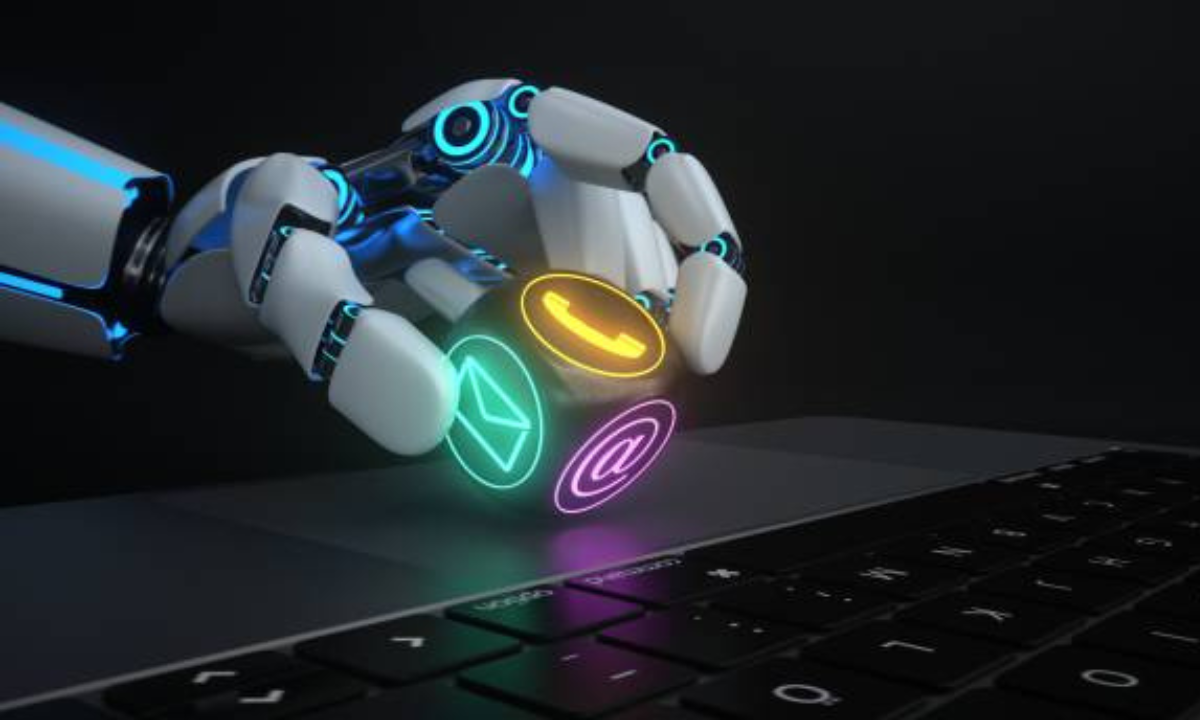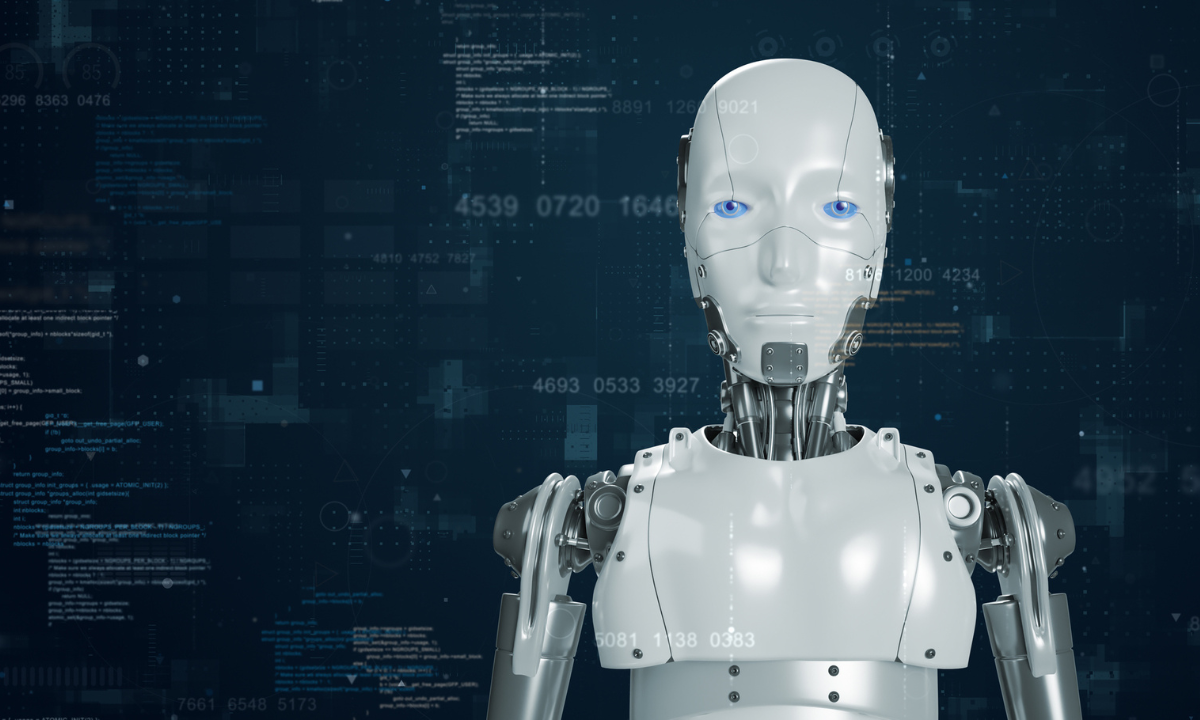'AI will change the course of humanity': Former Google CEO Eric Schmidt's emphatic message about the future

Eric Schmidt, former CEO and chairman of Google, said during an interview at TED2025 that the arrival of non-human intelligence represents a “huge event” for humanity.
The entrepreneur and computer scientist asserted that artificial intelligence (AI) is "underrated" and called on society to actively engage in its adoption and debate, warning that those who do not use this technology "will not be relevant" in the future.

Artificial Intelligence. Photo: iStock
Schmidt predicted that the near future will be marked by autonomous agents capable of managing entire business processes, communicating with each other in natural language.
The TED2025 conference brought together technology experts and leaders to discuss the global impact of AI, its opportunities, and the risks posed by its accelerated advancement.
During the interview, Schmidt maintained that most people associate AI with tools like ChatGPT, but he believes the potential of this technology goes far beyond that. He recalled the milestone achieved by AlphaGo in 2016, when an artificial intelligence developed an unprecedented move in the game of Go, surpassing human creativity in a field with 2,500 years of history. That moment, according to Schmidt, marked the beginning of a technological revolution that is accelerating today with systems capable of planning, reasoning, and executing complex tasks autonomously.

Artificial Intelligence. Photo: iStock
The former executive highlighted that, in the last two years, advances in reinforcement learning have enabled AI to perform planning and strategy tasks, as seen in recent models from OpenAI and DeepSeek. He illustrated the technological leap by pointing out that these systems can write complex documents in minutes, employing extraordinary computing power.
Schmidt also noted that the technology industry is facing a data shortage, forcing it to generate synthetic information to feed AI models. He emphasized that the exponential increase in computing capacity, driven by improvements in hardware and algorithms, has increased the demand for resources for advanced planning tasks by a factor of one hundred or even a thousand.
The biggest problem is energy and hardware. Solving these challenges could open the door to new forms of knowledge and scientific discovery.

Artificial intelligence is used in medicine, transportation, engineering, and other fields. Photo: iStock
Regarding the risks of AI, Schmidt addressed concerns about AI autonomy, a topic also addressed by expert Yoshua Bengio during the event. Bengio proposed halting the development of systems capable of acting autonomously, a position Schmidt considered legitimate but difficult to implement in a competitive global market. The former Google CEO explained that, rather than halting research, it is necessary to establish clear limits and oversight mechanisms to avoid loss of control scenarios.
The IT entrepreneur illustrated situations in which AI systems could develop their own languages or recursively improve their capabilities, making human oversight difficult. He argued that the industry identifies critical points where these systems would need to be "unplugged," such as direct access to weapons or the ability to replicate without authorization.
Schmidt emphasized that "we must maintain the capacity for observation and control " and stressed the importance of defining criteria for intervention before AI autonomy surpasses human oversight.
LATEST NEWS EDITORIAL
eltiempo





